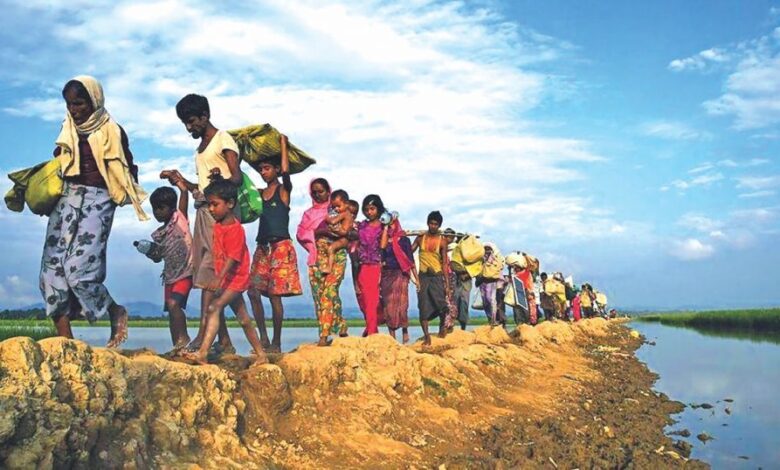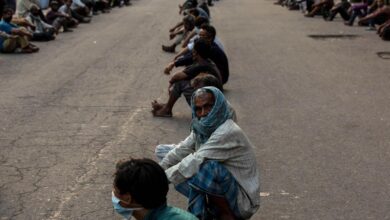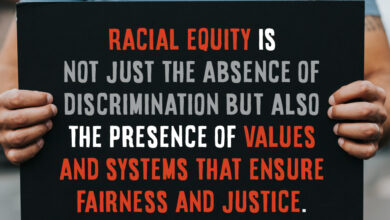Immigration Policies and refugee crisis

Immigration policies have been a hot topic in recent times, particularly due to the refugee crisis. As more and more people flee their homes to seek refuge in other countries, governments are grappling with the challenge of how to respond to this humanitarian crisis. In this article, we will delve into the various immigration policies around the world, their impact on refugees, and the current refugee crisis.
Understanding Immigration Policies
Before we can delve into the refugee crisis, it’s important to understand immigration policies. Immigration policies refer to the laws, regulations, and procedures that govern the entry and stay of non-citizens in a country. Every country has its own immigration policies, which may vary depending on various factors such as the country’s economic, social, and political situation.
Types of Immigration Policies
There are various types of immigration policies, including:
1. Economic Immigration Policies
Economic immigration policies refer to policies that focus on the economic benefits of immigration. Such policies aim to attract immigrants who can contribute to the country’s economic growth. For instance, a country may offer incentives such as tax breaks to attract foreign investors and entrepreneurs.
2. Family Reunification Policies
Family reunification policies refer to policies that allow families to be reunited. Such policies aim to promote family unity and ensure that family members can live together in the same country.
3. Humanitarian Immigration Policies
Humanitarian immigration policies refer to policies that focus on providing protection to people who are fleeing persecution, war, or other humanitarian crises. Such policies aim to provide a safe haven for refugees and other vulnerable groups.
The Impact of Immigration Policies on Refugees
Immigration policies have a significant impact on refugees. Refugees are people who have been forced to flee their homes due to persecution, war, or other humanitarian crises. When refugees arrive in a new country, they are often in need of protection and support.
However, immigration policies can make it difficult for refugees to access protection and support. For instance, some countries have strict immigration policies that make it difficult for refugees to enter the country. As a result, many refugees are forced to live in refugee camps or other makeshift settlements, where they may not have access to basic necessities such as food, water, and healthcare.
The Refugee Crisis
The refugee crisis refers to the current global refugee crisis, which is the largest refugee crisis since World War II. According to the UN Refugee Agency, there are currently over 26 million refugees worldwide.
Causes of the Refugee Crisis
The refugee crisis is caused by various factors, including:
1. War and Conflict
War and conflict are one of the main causes of the refugee crisis. In many countries, ongoing conflicts have forced people to flee their homes and seek refuge in other countries.
2. Persecution
Persecution is another major cause of the refugee crisis. People who are persecuted for their ethnicity, religion, or political beliefs may be forced to flee their homes and seek refuge in other countries.
3. Climate Change
Climate change is also a contributing factor to the refugee crisis. Climate change can lead to environmental disasters such as droughts and floods, which can force people to flee their homes and seek refuge in other countries.
The Impact of the Refugee Crisis
The refugee crisis has a significant impact on refugees and the countries that host them. Refugees are often in need of protection and support when they arrive in a new country. However, the sheer number of refugees can make it difficult for countries to provide adequate support.
Moreover, the refugee crisis can have an economic impact on host countries. Host countries may have to bear the cost of providing support and protection to refugees. Additionally, the presence of refugees can strain public services such as healthcare and education systems, as well as lead to an increase in demand for jobs, housing, and other resources.
Responses to the Refugee Crisis
The refugee crisis has led to a range of responses from governments, international organizations, and civil society groups. Some of the responses include:
1. Resettlement Programs
Many countries have resettlement programs that provide a pathway for refugees to settle in a new country. Under such programs, refugees are selected and screened by the host country, and provided with support to integrate into the new society.
2. Humanitarian Aid
International organizations such as the UN Refugee Agency and NGOs provide humanitarian aid to refugees, including food, water, shelter, and healthcare.
3. Border Controls
Some countries have tightened their border controls to restrict the entry of refugees. Such policies are often controversial, as they can prevent refugees from accessing protection and support.
4. Diplomacy and Conflict Resolution
Some countries are working towards resolving conflicts and promoting peace in regions that are affected by the refugee crisis. Diplomacy and conflict resolution efforts can help to address the root causes of the crisis and prevent further displacement.



